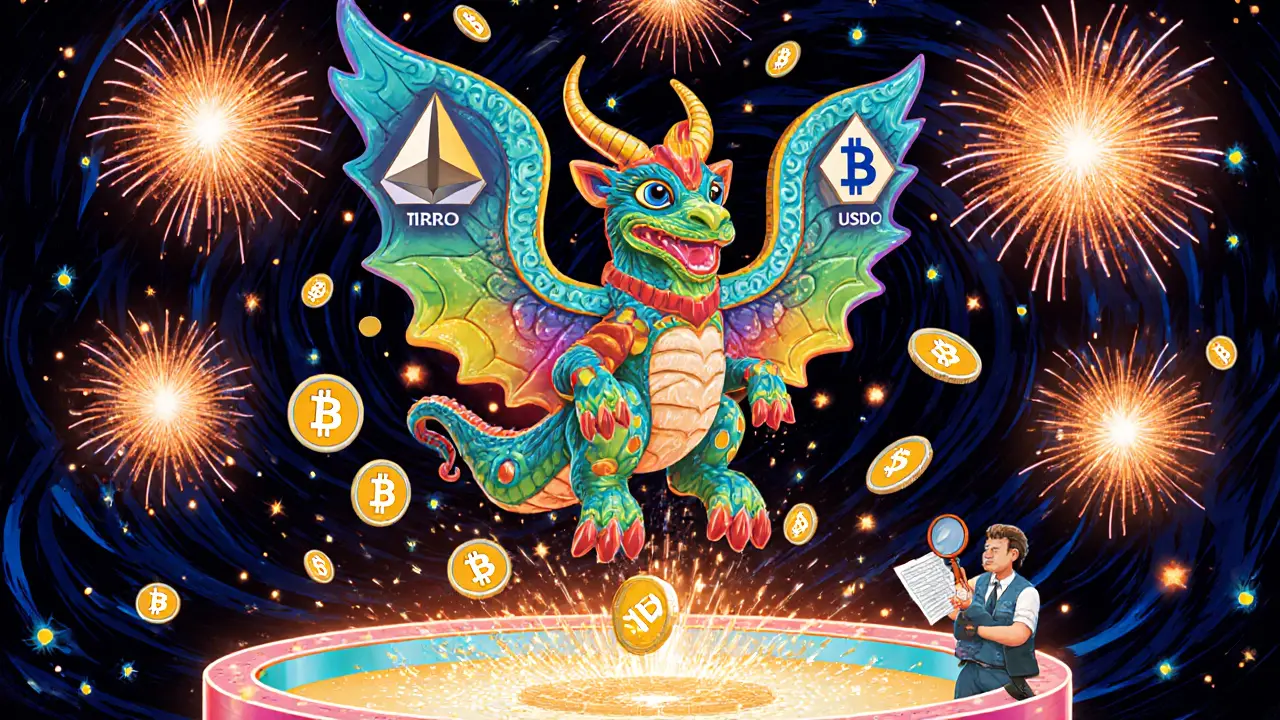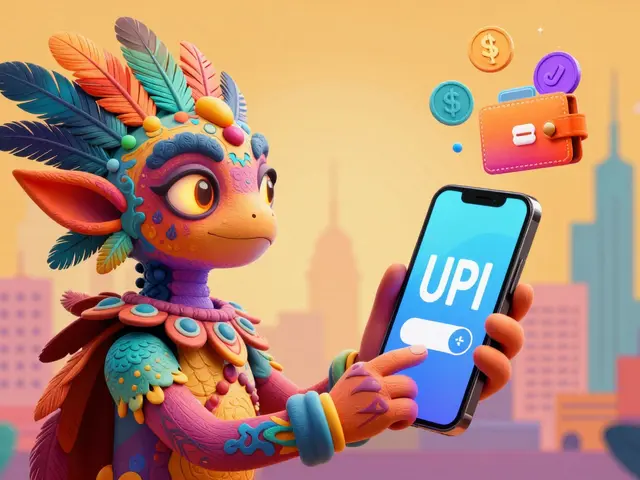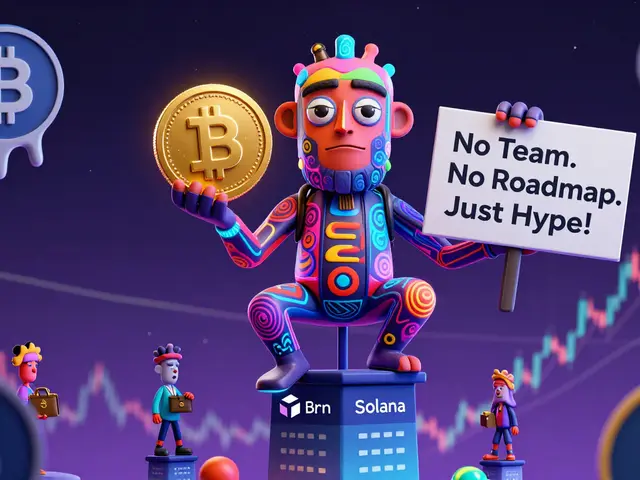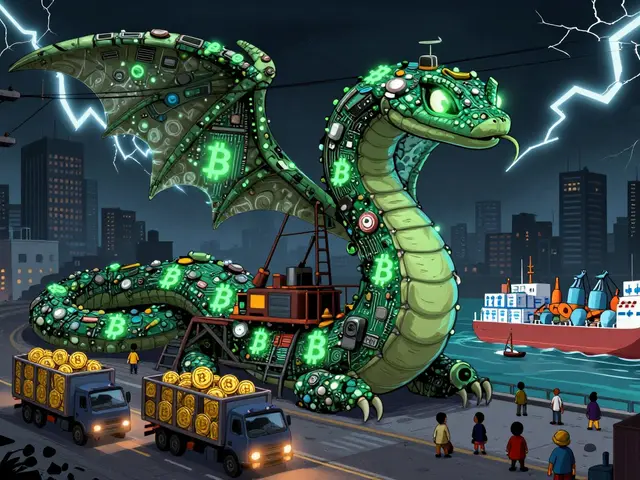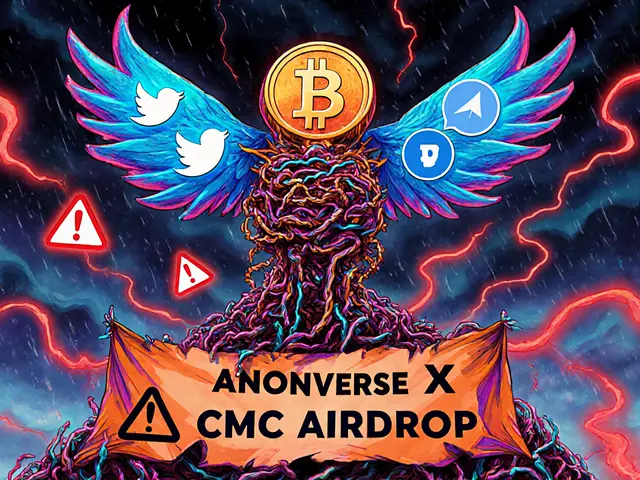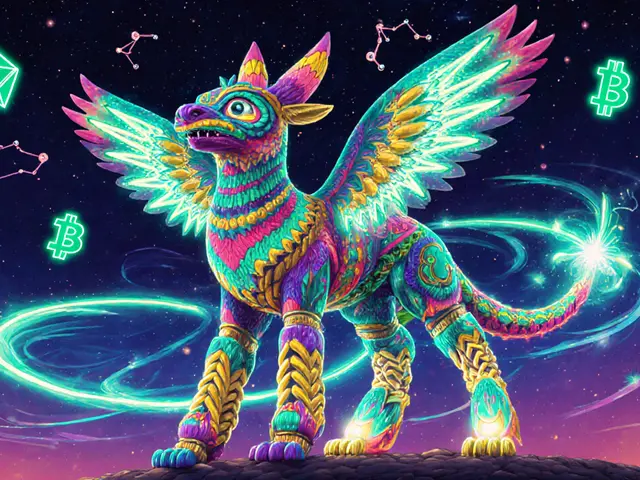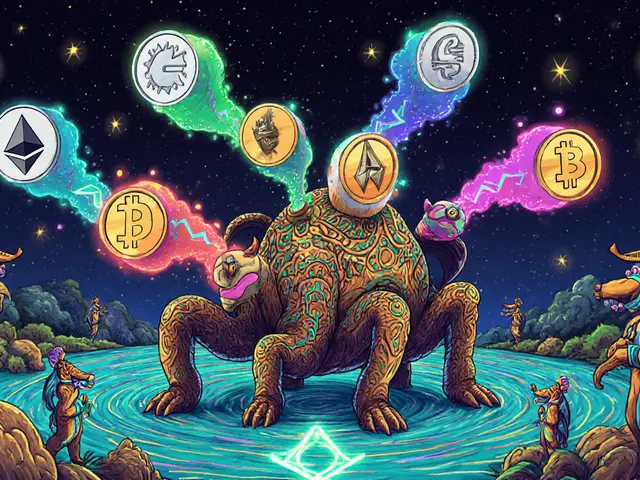DeFi Tax: What You Need to Know About Crypto Tax Rules for Decentralized Finance
When you swap tokens on Uniswap, stake ETH on Lido, or add liquidity to a pool, you’re not just doing crypto—you’re creating a DeFi tax, a taxable event triggered by decentralized finance transactions that most users don’t realize they’ve made. Also known as crypto tax on DeFi, it’s not optional, and the IRS and other tax agencies are actively tracking these transactions. You don’t need to sell your crypto to owe taxes. Just moving it between wallets or swapping one token for another can trigger a capital gain or income tax. A lot of people think if it’s not on an exchange, it’s tax-free. That’s wrong.
DeFi tax isn’t about one thing—it’s a mix of crypto tax, the broader set of rules that treat digital assets as property, not currency, in most countries, blockchain taxation, the technical process of tracing token movements across public ledgers to determine taxable activity, and crypto reporting, the obligation to disclose DeFi transactions to tax authorities using forms like IRS Form 8949. You might earn interest from lending on Aave, get rewarded for staking on Coinbase, or receive a token airdrop. Each of those is income. Every swap you make—even if you trade ETH for USDC—is a sale of ETH, and you owe tax on the difference between what you paid and what it was worth when you swapped.
Most people don’t track this. They see their wallet balance go up after a yield farm and think they’re ahead. But if they didn’t record the cost basis of every token they traded, they’re flying blind. The tools exist—Koinly, CoinTracker, ZenLedger—but they only work if you feed them accurate data. And if you’re using a non-custodial wallet like MetaMask, the exchange didn’t send you a 1099. That’s on you.
What’s below isn’t theory. These aren’t hypotheticals. The posts here cover real cases: how airdrops like ATA and SAKE are taxed, why Tornado Cash sanctions make reporting harder, how MiCA regulations in Europe are changing DeFi tax compliance, and what happens when you trade on a no-KYC exchange like GroveX or KCEX. Some of these tokens are dead. Some are scams. But the tax rules still apply. You don’t get a pass because the project vanished. If you held it, traded it, or earned from it, you owe taxes.
